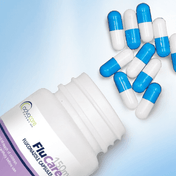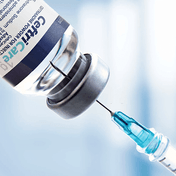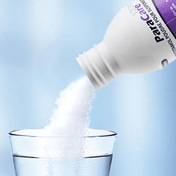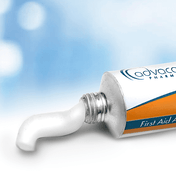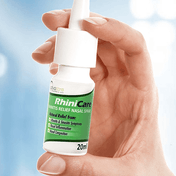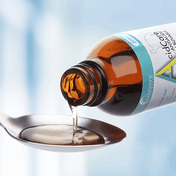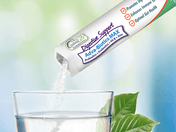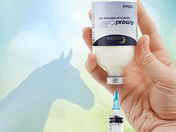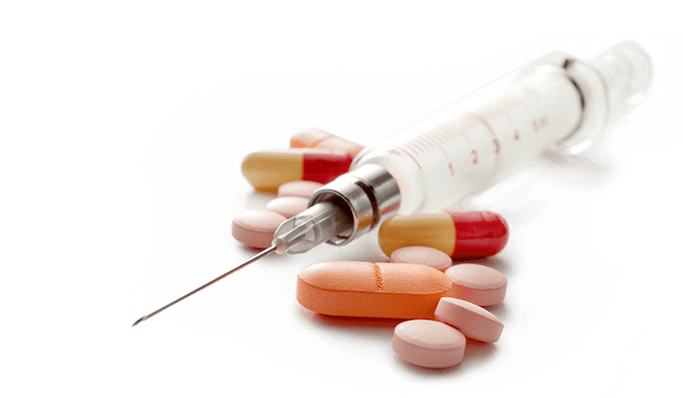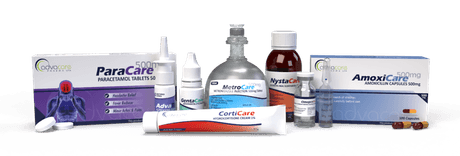What are Pharmaceuticals?
Pharmaceuticals are medications or drugs formulated for therapeutic purposes. They are designed to diagnose, treat, prevent, or alleviate symptoms of diseases and medical conditions. Pharmaceuticals undergo rigorous testing and quality control to ensure safety and efficacy before they are made available for use.
Pharmaceuticals are typically produced through a complex process that involves research, development, and manufacturing. This includes identifying active ingredients, formulating them into specific dosage forms, conducting preclinical and clinical trials to assess their viability and commercial readiness.
Once pharmaceuticals are approved for use, they are distributed through various channels such as pharmacies, hospitals, and healthcare institutions. The proper storage, handling, and distribution of pharmaceuticals are crucial to maintain their quality and efficacy. Additionally, healthcare professionals, including doctors, pharmacists, and nurses, play a vital role in prescribing, dispensing, and educating patients about the appropriate use of pharmaceuticals, ensuring optimal therapeutic outcomes.
Ongoing research and advancements in pharmaceuticals continue to expand the range of treatment options available, contributing to advancements in medical science and the overall well-being of individuals around the world.
